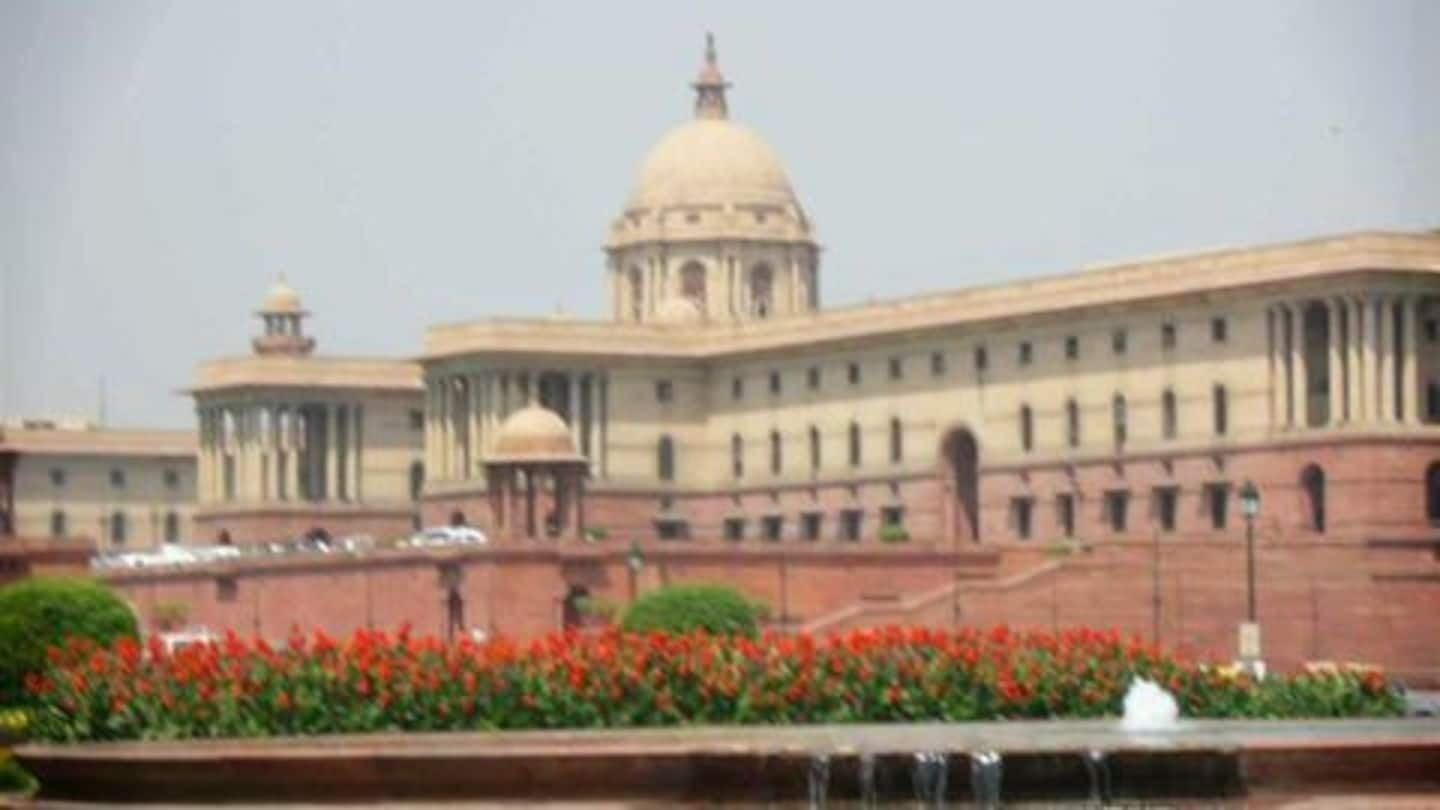
Rajya Sabha passes Bill seeking decriminalization of suicide bids
What's the story
The Rajya Sabha has passed the Mental Health Care Bill, 2013 that seeks decriminalizing suicide attempts and strengthening the mental health care system in India. The Bill provides better delivery of health care and the protection and promotion of rights of people with mental illnesses in India. It was introduced in the Upper House first in 2013 to repeal the Mental Health Act, 1987.
Introduction
Convention on the Rights of Persons with Disabilities
On 30th March 2007, the United Nations held the Convention on the Rights of Persons with Disabilities to protect their rights and dignity in New York. Members were required to protect, promote, and ensure the rights of people with disabilities under the law are fully enjoyed. The Indian Government had ratified the UN Convention that required its legislation to be aligned with the convention.
2013
Bill seeking decriminalization of suicides introduced
In an attempt to align Indian laws with the UN Convention, the Mental Health Care Bill, 2013 was presented in the Rajya Sabha in Aug'13. For the first time in Indian criminal law reform history, the Bill sought to decriminalize suicides and make mental health care affordable and accessible to all. It was introduced to replace the existing 1987 Mental Health Act.
Quote
The Bill links suicide to mental illness
"Notwithstanding anything contained in Section 309 of the IPC, any person who attempts suicide shall be presumed, unless proved otherwise, to be suffering from mental illness at the time of the bid and shall not be liable to punishment under the said section."
Information
Key features of the Bill
The key features and objectives of the Bill: Rights of persons with mental illness; Advance Directive; Central and State Mental Health Authority; Mental Health Establishments; Mental Health Review Commission and Board; and Decriminalizing suicide and prohibiting electro-convulsive therapy.
Humane and Progressive
Bill provides better facilities and support
The Bill was presented in the Rajya Sabha in 2014 and 2015 but wasn't passed. The existing 1987 Act doesn't adequately provide for the rights of people with mental illnesses; nor promotes their access to affordable mental health care. The Bill - termed by Health Minister JP Nadda as 'Humane and Progressive' - provides better facilities and support to those suffering from mental illnesses.
Patient-Centric Bill
About 6-7% of Indians suffer from some mental illness
JP Nadda stated stakeholders, including experts, academia, several political establishments, have been consulted while formulating the patient-centric Bill. He added 6-7% of people in India suffer from some type of mental illness while 1-2% suffer from acute mental illness. A total of 134 amendments were made to the Bill that aims to promote community-based admissions and safeguard interests and rights of mentally ill people.
Special Provision
Bill accommodates special provision for women and children
The Bill includes special provision for women and children; women and children could be separated only under medical circumstances. It also seeks to recognize the caregivers' role as a statutory provision. The need to address the shortage of psychiatrists and lack of infrastructure was highlighted in the Rajya Sabha. Nadda said the Centre is trying to increase the number of mental health care experts.